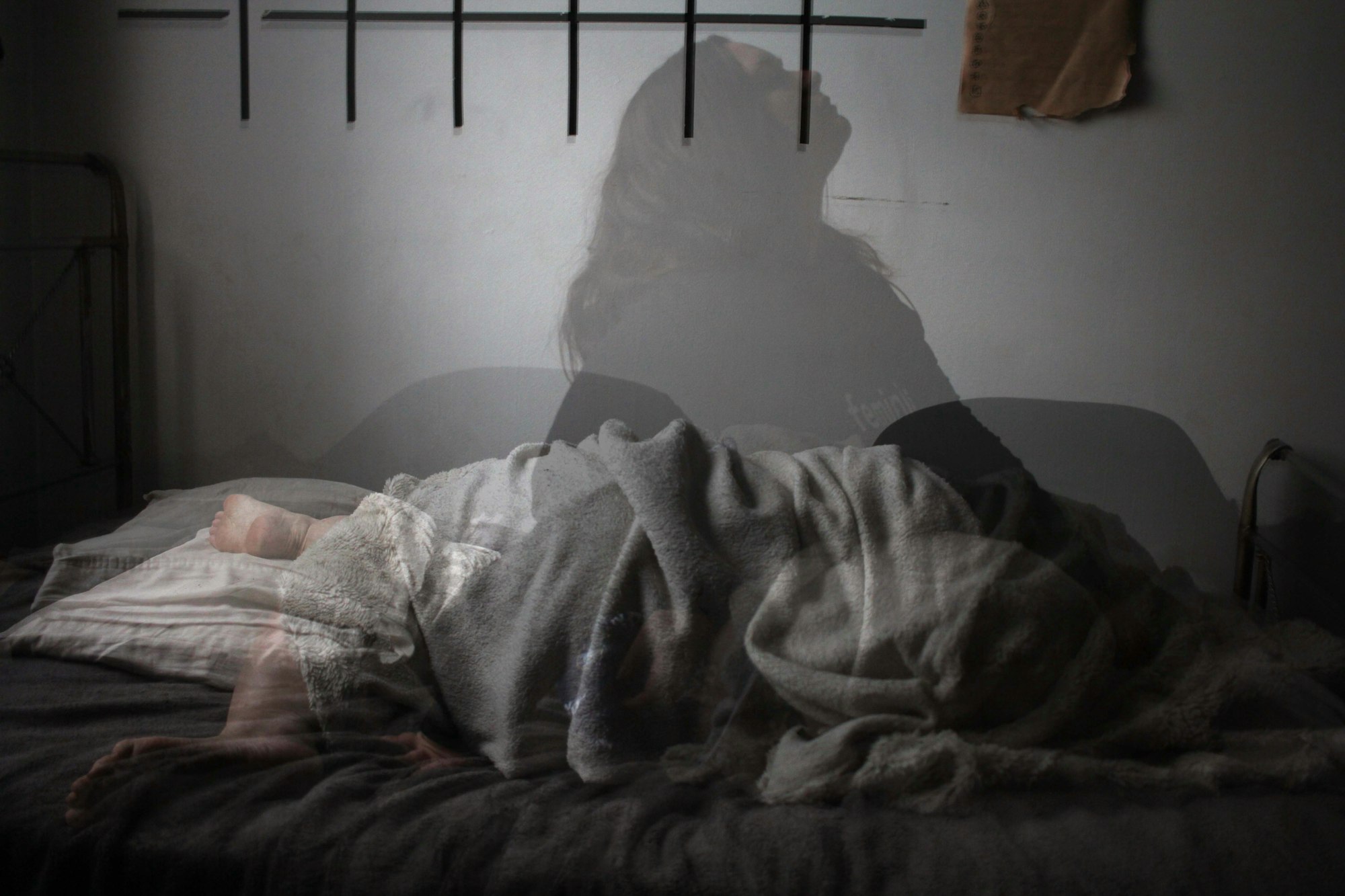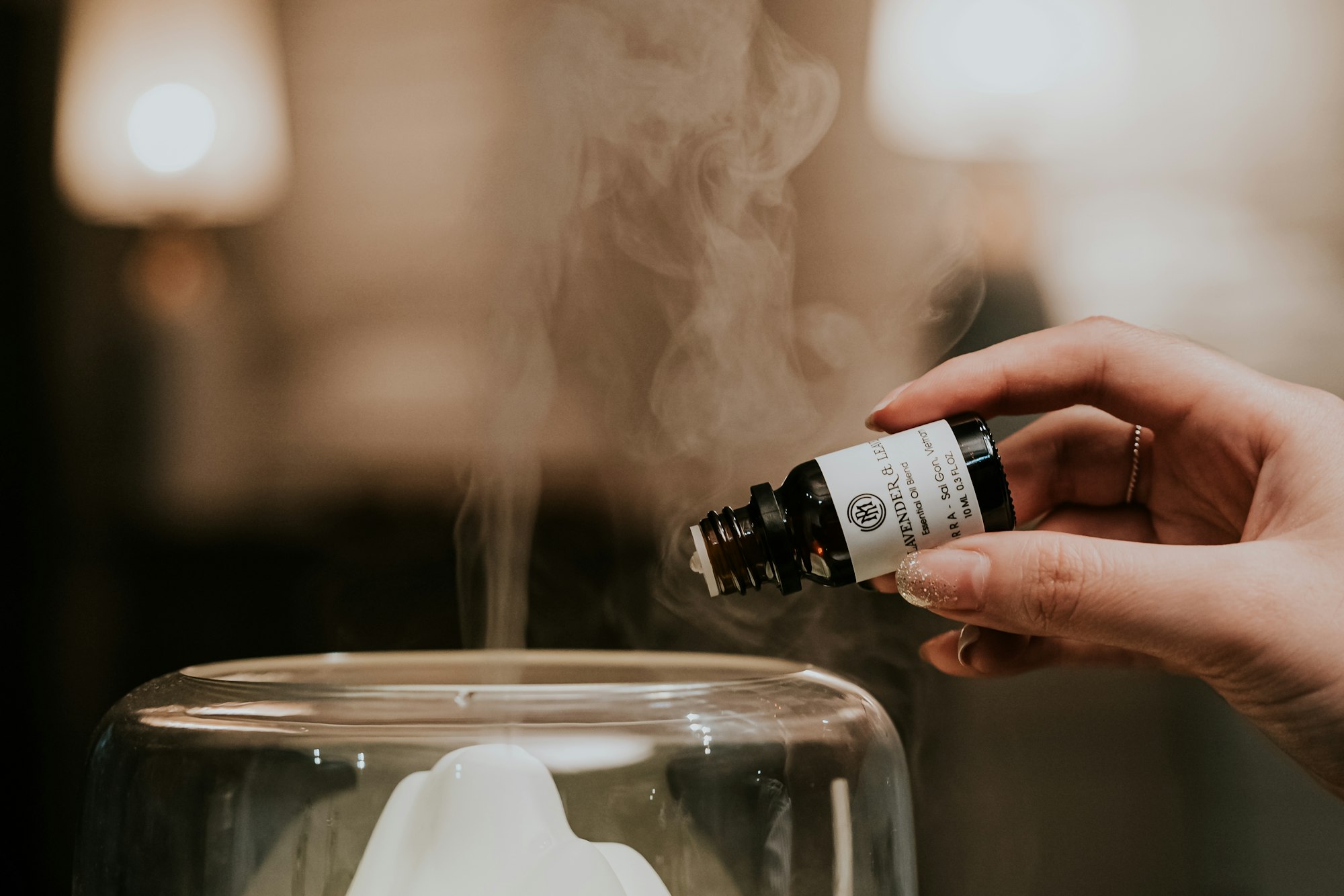Understanding Insomnia: Symptoms, Causes, and Management
Explore the complexities of insomnia, including its symptoms, causes, and effective natural remedies like essential oils. Understand how lifestyle adjustments and cognitive strategies can alleviate sleeplessness and improve overall sleep health.

Insomnia, a common sleep disorder affecting millions worldwide, can significantly impact daily life. This article delves into the causes, symptoms, and management strategies for insomnia, aiming to provide a comprehensive understanding of this condition.
What is Insomnia? Definition and Overview
Medically, insomnia is defined as a condition characterized by difficulty falling asleep, staying asleep, or both, leading to non-restorative or unrefreshing sleep. Insomnia is not just about the quantity of sleep one gets but also the quality. It's not uncommon for individuals with insomnia to experience daytime fatigue, mood disturbances, and decreased performance in their daily activities.
Causes of Insomnia: Understanding the Root
The causes of insomnia are diverse and often interrelated. Here’s a look at some common reasons behind this sleep disorder:
- Stress and Anxiety: Stressful life events or trauma can trigger insomnia. Worrying about work, health, finances, or family can keep your mind active at night, making it hard to sleep.
- Poor Sleep Habits: Irregular sleep schedules, an uncomfortable sleep environment, and the use of electronic devices before bed can disrupt sleep.
- Medical Conditions: Certain medical conditions like asthma, diabetes, neurological disorders, and chronic pain can lead to insomnia.
- Psychological Issues: Depression and anxiety are strongly linked to insomnia. The inability to sleep can exacerbate these conditions, creating a vicious cycle.
- Lifestyle Choices: Consumption of caffeine, nicotine, and alcohol can significantly impact sleep patterns. Irregular work shifts can also disrupt your body's sleep-wake cycle.
Insomnia Symptoms and Signs: What to Look Out For
Recognizing the symptoms of insomnia is crucial for timely management. Here are some common signs:
- Difficulty Falling Asleep: One of the most apparent signs of insomnia is trouble falling asleep at night.
- Waking Up During the Night: Insomnia often involves waking up during the night and having trouble returning to sleep.
- Waking Up Too Early: Many with insomnia wake up earlier than desired and are unable to go back to sleep.
- Feeling Tired After a Night's Sleep: Insomnia can cause you to feel tired, even after a full night's sleep.
- Daytime Tiredness or Sleepiness: Experiencing sleepiness or fatigue during the day is a common consequence of insomnia.
- Irritability, Depression, or Anxiety: Insomnia can lead to mood changes, including feelings of irritability, depression, or anxiety.
- Difficulty Paying Attention or Focusing: Insomnia can impair your ability to concentrate or focus during the day.
Can You Develop Insomnia? Risk Factors
Yes, anyone can develop insomnia. Factors increasing the risk include age (older adults are more susceptible), gender (women are more likely to suffer from insomnia), psychological factors, and certain medical conditions.

Insomnia Examples and Diseases Associated
Insomnia can manifest in various ways. For example, transient insomnia lasts for a few days, while chronic insomnia persists for months or longer. Diseases often associated with insomnia include mental health disorders like depression and anxiety, as well as chronic pain conditions, asthma, and neurological disorders.
Symptoms of Sleeplessness: Clinical Perspectives
Clinically, symptoms of insomnia or sleeplessness include difficulty initiating sleep, frequent awakenings, early morning awakenings, and non-restorative sleep. These symptoms can lead to functional impairment during the day.
Insomnia Attack Symptoms: Acute Episodes
Insomnia attacks, or acute insomnia, involve a sudden onset of sleeplessness symptoms, often triggered by stress or a traumatic event. Symptoms include extreme difficulty falling asleep, heightened anxiety, and increased heart rate.
Management Strategies for Insomnia
Lifestyle Changes: Establishing a regular sleep schedule, creating a comfortable sleep environment, and avoiding caffeine and alcohol can help.
Cognitive Behavioral Therapy (CBT): CBT for insomnia focuses on changing sleep habits and misconceptions about sleep and insomnia that might be contributing to sleeplessness.
Medications: In some cases, doctors may prescribe medication as a short-term solution. However, it's essential to address the underlying causes of insomnia.
Relaxation Techniques: Practices like meditation, deep breathing exercises, and progressive muscle relaxation can reduce anxiety and promote better sleep.

The Role of Essential Oils in Managing Insomnia Symptoms
Essential oils, with their unique chemical structures, have a profound influence on the brain's limbic system and other areas, affecting memory, mood, and emotions. This connection explains how essential oils can be a significant aid in managing insomnia symptoms, reducing stress, and alleviating tension.
Insomnia, often characterized by symptoms of sleeplessness and difficulty in maintaining sleep, can stem from various factors like environmental changes, fear, caffeine intake, depression, and physical discomfort. However, stress, anxiety, and tension are frequently the primary contributors to insomnia. While dietary adjustments are beneficial, essential oils have shown considerable success in treating insomnia independently.
Effective Essential Oils for Insomnia and Sleeplessness
Lavender and Sweet Marjoram: Lavender, widely recognized for its calming properties, is often the go-to essential oil for insomnia. It is known to reduce stress and promote a deeper, more restful sleep. Sweet Marjoram complements Lavender with its stress-relieving and calming effects, making it another excellent choice for insomnia.
Red Mandarin and Mandarin Petitgrain: Mandarin oil, known for its soothing properties, is particularly effective for restlessness, including in hyperactive children. It can be used alone or blended with other oils. Red Mandarin, derived from the peel, is pleasantly aromatic, while Mandarin Petitgrain, distilled from the leaves, is more potent and can enhance the effectiveness of other calming oils.
Roman Chamomile: This oil is a standout for treating insomnia symptoms. Roman Chamomile is known to ease muscle spasms and reduce anxiety. Its sedative yet uplifting properties make it ideal for managing anxiety-induced insomnia.
Amrita Aromatherapy: A Trusted Source for Organic Oils
Amrita Aromatherapy offers a range of USDA organic oils and blends specifically formulated for insomnia. They take great care in selecting natural, pure oils that are responsibly grown and harvested. These oils can be used as per individual preference. Additionally, Amrita provides ready-made formulas optimized for the best effects in managing insomnia.
Utilizing Essential Oils for Insomnia
The use of essential oils in managing insomnia offers a natural, holistic approach to improving sleep quality. By influencing key brain areas and the limbic system, these oils can significantly mitigate factors that contribute to insomnia. Whether used individually or in blends, essential oils like Lavender, Sweet Marjoram, Mandarin, and Roman Chamomile provide a therapeutic approach to tackling insomnia, enhancing relaxation, and promoting better sleep health.
In summary, the strategic use of essential oils can be a valuable part of a comprehensive approach to managing insomnia symptoms. By addressing stress, anxiety, and other underlying factors, these oils can greatly contribute to a more peaceful and restful night's sleep.
Pillowsonic: An Innovative Solution for Enhancing Sleep Quality
For those grappling with insomnia, Pillowsonic offers a unique and effective solution. Designed to be placed under your pillow, this device delivers audio with remarkable clarity at safe, comfortable volume levels, eliminating the need for headphones or earbuds.
Experience Unobtrusive and Comfortable Bedtime Audio
With Pillowsonic, the sound seems to emerge from within the pillow itself, providing an intimate audio experience that gently caresses your senses. This feature ensures total comfort, allowing you to drift into a peaceful sleep without the physical discomfort often associated with wearing headphones or earbuds in bed.
Stay Connected to Your Environment
One of the standout features of Pillowsonic is its ability to keep you attuned to essential ambient sounds. Unlike traditional headphones, sound headbands, or earbuds that can isolate you from your surroundings, Pillowsonic ensures you remain aware of important noises. Be it a knock at the door, an alarm, a call for help, or even the presence of intruders, you'll stay connected to your environment while still enjoying a calming audio experience.
Pillowsonic: A Balanced Approach to Bedtime Audio
Pillowsonic represents a balanced solution for those seeking relief from insomnia. It combines the benefits of soothing audio to help you relax and fall asleep, while also maintaining a connection to essential sounds in your environment. This innovative approach provides a serene yet safe audio experience, perfect for enhancing your overall sleep quality.
A Holistic Approach to Insomnia
Understanding the multifaceted nature of insomnia – encompassing its causes, symptoms, and the spectrum of its manifestations – is crucial for effective management. While medical intervention can be necessary, lifestyle adjustments and cognitive strategies play a pivotal role in alleviating insomnia. For those struggling with sleeplessness, it's important to seek information from reliable sources and consider professional consultation for other medical conditions that may be causing insomnia.
Our Resources section can help you find the information and tools that you need. We have courses, videos, checklists, guidebooks, cheat sheets, how-to guides and more.
You can get started by clicking on the link below. We know that taking care of a loved one is hard work, but with our help you can get the support that you need.
Click here to go to Resources Section now!
Disclaimer: Please note that this website contains affiliate links. This means we may earn a commission at no extra cost to you if you make a purchase through one of these links. Our use of affiliate links does not influence our content, but it helps support the site.
